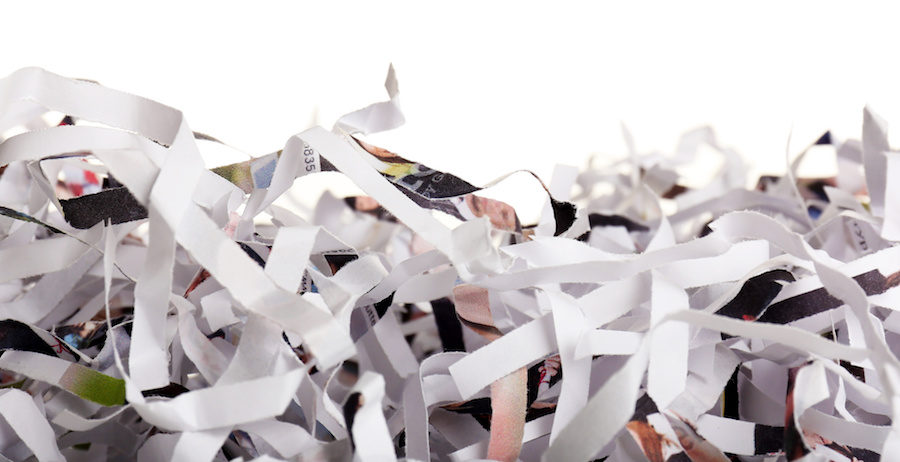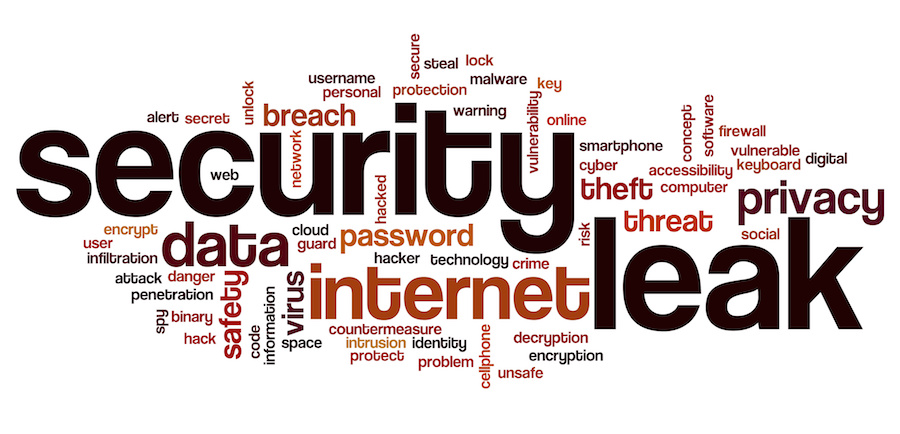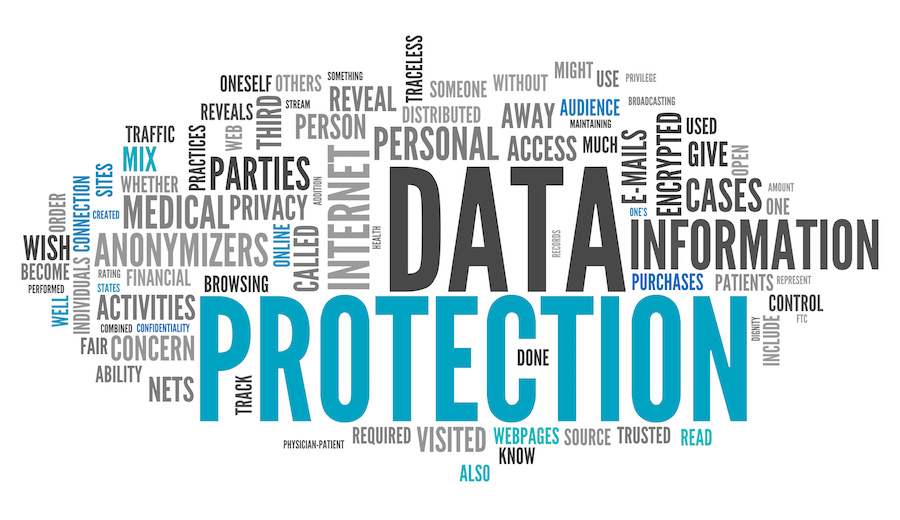Unnecessary pieces of paper lying around the office are a nuisance for any company, taking up valuable office space and creating a disorganised office environment.
However, some organisations might be tentative about throwing these confidential documents away. A cautious attitude is very wise, as there are a number of questions that one should address before disposing of a file of a sensitive nature.
- Will I need this again?
- Am I breaching the Data Protection Act?
- Has this document finished its retention life cycle?
- Does this file contain any confidential information?
With these questions in mind you are likely to be cautious about destroying documents. There is however a way to ensure peace of mind when it comes to getting rid of your confidential documents – by planning against the following criteria.
1.) Retention Cycle
The most important factor to consider before destroying a file is the length of its retention cycle; legally a company is responsible for the retention plans of all its documents. Different documents have varying retention cycles. For example, bank statements should be kept for 2 years, whilst an employee application form will need to be kept permanently.
If you are worried that your business does not have the expertise or time to carry a full auditing procedure to determine your documents retention cycles then consider using a record management company. A professional record management service will be able to fully audit all of your documents, making sure that your company stays compliant within legal parameters.
2.) The Data Protection Act
Before destroying any confidential documents your company should consider the terms of the Data Protection Act (DPA), otherwise you could risk facing a fine of up to £500,000 – or even a prison sentence. Breaching the DPA could seriously damage your company’s reputation.
In 2012, Marston Properties breached the DPA by carelessly sending a filing cabinet to a recycling facility to be destroyed. The filing cabinet contained 37 employees’ personal details. According to a news report, Marston Properties faced “humiliation and detrimental publicity”. As a consequence the company had to sign a formal agreement with the ICO to ensure that subsequent action would be taken to avoid a breach of a similar nature reoccurring.
To learn more about the New EU data protection reforms check out our blog post: The Road to Data Protection Reforms
3.) Lifecycle shredding
Tracking the age of records is an essential part lifecycle records management. Documents should only be disposed of if they exceed the recommended period outlined in a retention plan.
Secure shredding is the best way to destroy documents containing sensitive information. Never – EVER – just drop confidential business documents in a bin. Not only is shredding the best way of ensuring that confidential information isn’t leaked, it is also better for the environment than simply throwing your documents into a general wastepaper basket.
If you have a large amount of confidential documents you need to have shredded then it is worth thinking about outsourcing your document destruction to a record management company, collected on a rotational or ad-hoc basis.
4.) Digital Disposal
Some of your company’s most confidential information is likely to be stored digitally. Unfortunately these days you can’t just trust the ‘delete’ button to effectively do the job. Wiping your hard drive of all data or using a programme which overwrites data so that it cannot be retrieved are options to consider. However, both of the above methods are at risk of human error and destroying the wrong files could have distressing implications.
If you are concerned about destroying electronic records in compliance with legal formalities then look at outsourcing your data backup and storage services. Record management companies can destroy electronic records stored on a variety of different equipment including: USB drives, CDs/DVDs, hard drives, film reels and media tapes.
5.) Keep Costs Low
Nobody wants to pay to get rid of items they no longer want, but with Data Protection laws becoming more severe effective disposal is now more important than ever. Whilst some storage providers charge a premium for shredding, we at Secure Data MGT provide a free confidential shredding service for records stored with us for 6 or more years.











